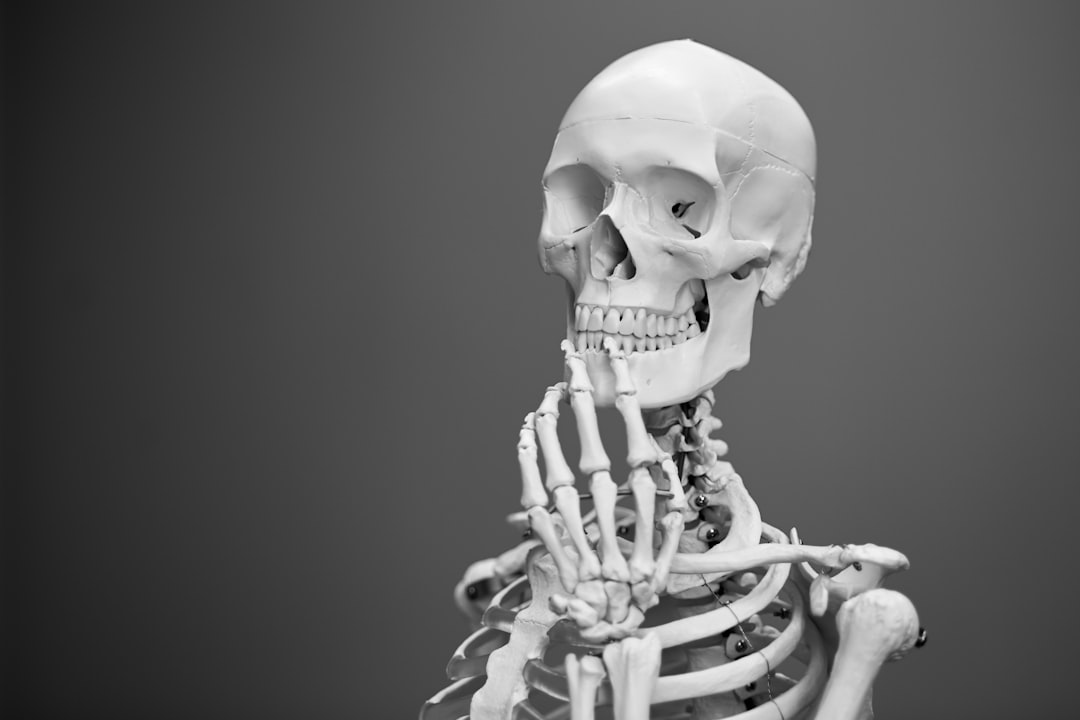Osteopath Kaiwhakamaimoa Kōiwi
Osteopaths diagnose muscular and skeletal injuries and treat them using manual techniques such as stretching, massage and manipulation.
Osteopaths need to be registered with the Osteopathic Council of New Zealand and have a current Annual Practising Certificate.
- Osteopathic Council of New Zealand website - information about Annual Practising Certificates
- Osteopathic Council of New Zealand website - information on osteopath registration
Osteopaths may do some or all of the following:
- talk with patients about their problems, symptoms and general health
- carry out osteopathic examinations to decide what treatment is best
- treat patients using techniques such as stretching, massage, movement and manipulation
advise patients about condition management and injury prevention- give patients exercises to do
- carry out workplace assessments for patients who have Occupational Overuse Syndrome (OOS)
- refer patients to medical specialists for treatment or procedures such as x-rays or ultrasound scans.
To specialise in the following areas or scopes of practice, you need to have a specific qualification or meet criteria approved by the Osteopathic Council in:
- acupuncture
- child and adolescent health
- gerontology (health care of older people)
- pain management.
Physical Requirements
Osteopaths need to be reasonably fit and healthy as they use physical methods such as massage and movement to treat patients.
Useful Experience
Useful experience for osteopaths includes:
- any work that involves knowledge of the human body and physiology
- any work in the health sector.
Personal Qualities
Osteopaths need to be:
- patient and understanding
- dedicated and motivated
- good listeners and communicators
- good at problem solving
- able to make good judgements.
Skills
Osteopaths need to have:
- knowledge of the human body, particularly muscles, bones and joints
- the ability to accurately diagnose musculoskeletal conditions or injuries
- knowledge of osteopathic treatments and methods including manipulation and massage
- up-to-date knowledge of new research, treatments and practices
knowledge of different diseases, illnesses and injuries.
Conditions
Osteopaths:
- usually work regular business hours but may also work evenings and weekends
- may work in private clinics or health centres.
Subject Recommendations
A tertiary entrance qualification is required to enter further training. Useful subjects include biology, chemistry, health education, maths and physics.
Related Courses
Osteopaths can earn around $48K-$60K per year.
Pay for osteopaths varies depending on experience and responsibilities.
- Osteopaths with less than five years' experience usually earn between $48,000 and $60,000 a year.
- Osteopaths
with more than five years' experience can earn from $60,000 to $100,000.
Source: careers.govt.nz research, 2021.
Osteopaths may progress to set up their own practice.
Osteopaths may specialise in:
- acupuncture
- child and adolescent health
- gerontology (health care of older people)
- pain management.
Years Of Training
4-5 years of training required.To become an osteopath you need to have the following qualifications:
- Bachelor of Musculoskeletal Health or Applied Science
- Postgraduate Diploma in Osteopathy
Osteopaths also need to be registered with the Osteopathic Council of New Zealand.
The Vulnerable Children Act 2014 means that if you have certain serious convictions, you can’t be employed in a role where you are responsible for, or work alone with, children.

 Epsom Girls Grammar School
Epsom Girls Grammar School